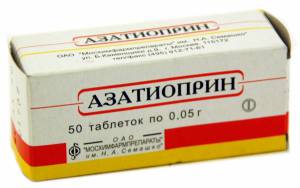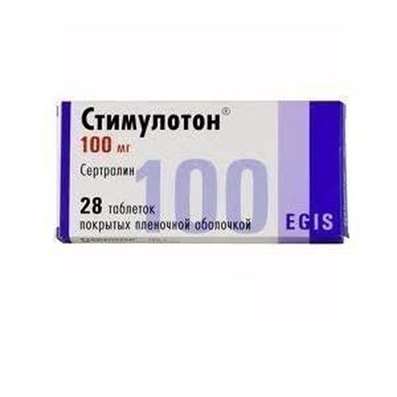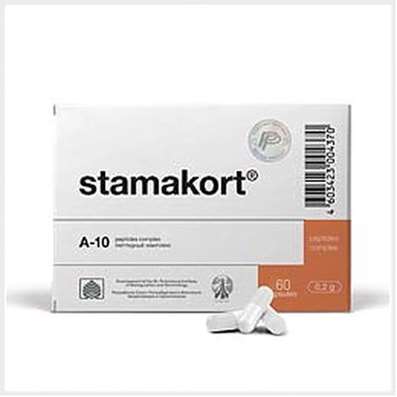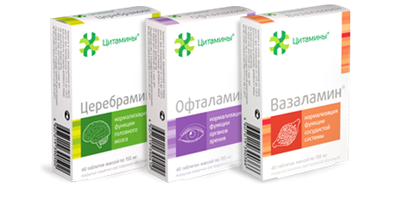Azathioprine
10 Jan 2017
Description of action of Azathioprine
6- mercaptopurine heterocyclic derivative having potent immunosuppressive and cytotoxic effects. The mechanism of drug action is not fully understood, it is obvious by alkylation it blocks sulfhydryl groups, due to the release of 6-mercaptopurine acts as an antimetabolite of purine bases, leads to DNA synthesis disruption by inserting a DNA strand thio analogues of purines and as a result, inhibit the biosynthesis of nucleic acids and prevents proliferation of cells involved in immune response. The overwhelming effect may occur only after a few weeks or months of treatment. After oral administration of approximately 88% of absorbed drug, peak serum concentrations it reaches approximately 2 hour. The plasma protein binds to 30%. T1 / 2 was 4.5 hours. Biotransformiroetsa in the liver and kidneys rapidly cleaved in the organism to 6-mercaptopurine and methyl nitroimidazole. 6- mercaptopurine easily penetrates into the cells where it is converted into a purine thio-analogues thereof, but the speed of this process is different in different people; It is converted to an inactive metabolite – thio-uric acid, which is excreted in the urine. Urine fewer other metabolit- was detected 1-methyl-4-nitro-5-tioimidazol. About 12% of azathioprine displayed their organism with the feces in unmodified form, and another 20-50% is excreted via the kidneys in unchanged form and as metabolites.

Azathioprine: instructions for use
After transplantation of organs (heart, kidney, liver) as an immunosuppressor in order to reduce the risk of graft rejection. It is also used for ulcerative colitis, are not amenable to other methods of treatment, nephrotic syndrome. Typically, the drug is used in combination with a corticosteroid or other treatments aimed at reducing the immune response.
Contraindications for AzathioprineHypersensitivity to any component of the drug or 6- mercaptopurine, pregnancy. Contraindicated for use in women planning a pregnancy in the near future. In patients who are elderly or with impaired renal or hepatic function should regularly monitor the morphology of peripheral blood and liver function. In connection with the violation of metabolism is not used in patients with deficiency of hypoxanthine guanine phosphoribosyltransferase. In patients with thiopurine methyltransferase deficiency of bone marrow suppression may be more pronounced. During the first 8 weeks of treatment is recommended, at least one time per week to make a detailed analysis of the blood; during a subsequent treatment period analysis should be done at least every 3 months. Please pay attention to Honluten.
Drug interactions
It enhances the effect of myelosuppressive medications. Xanthine oxidase inhibitors (allopurinol, tiopurinol, oxipurinole), used in conjunction with azathioprine suppresses biotransformation to 6 tiomochevoy acid. If used in conjunction with azathioprine, allopurinol or its derivatives, the dose of azathioprine must be reduced to 25% of the usual dose in connection with the risk of developing myelosuppression (pancytopenia). The simultaneous use of gold salts, antimalarials, penicillamine, olsalazine, mesalazine or sulfasalazine may lead to suppression of bone marrow activity. Caution should be used in case of simultaneous use of other drugs that cause depression of bone marrow function. Hematologic abnormalities may occur in the case of simultaneous application of co-trimoxazole, captopril, cimetidine, indomethacin. Aminosalicylates may increase the effect of azathioprine. Azathioprine reduces the effect of non-depolarizing muscle relaxants (eg, tubocurarine, pancuronium), enhances the effect of depolarizing muscle relaxant. Azathioprine can weaken the body's response to the vaccine; patients receiving azathioprine should not be given live vaccines. We describe the case of inhibition of the anticoagulant action of warfarin if used in conjunction with azathioprine. In vitro metabolism of furosemide violates azathioprine; the clinical significance of this interaction is unknown.
Azathioprine: side effects
Myelosuppression (leucopenia, thrombocytopenia, anemia); in rare cases may develop agranulocytosis, pancytopenia, aplastic anemia; It may also develop increased susceptibility to infections. Liver dysfunction, pancreatitis, hair loss. Rare: malaise, dizziness, fever, chills, diarrhea, muscle and joint pain, heart rhythm disorders, pruritus, rash, vasculitis, renal failure, hypotension, cholestasis, nausea, vomiting, anorexia. The symptoms usually disappear after discontinuation of the drug, but sometimes it may be fatal. In rare cases, develop interstitial pneumonia. After the first dose may be nausea and other disorders of the gastrointestinal tract. Patients after organ transplantation receiving immunosuppressive treatment, can also develop: colitis, diverticulitis, intestinal perforation. In patients receiving azathioprine for the treatment of ulcerative colitis, the drug may develop severe diarrhea with relapses occurring after taking the next dose. In patients receiving immunosuppressive therapy after organ transplantation, often develop cancers. As a result of receiving immunosuppressive drugs may be compounded by the clinical course of chickenpox and shingles. Overdose leads to a reduction in the number of white blood cells and platelets, the development of myelosuppression, pancytopenia. It may be necessary in the symptomatic treatment of hematology.
Pregnancy and lactation
Category D. contraindicated during pregnancy and lactation. If any of the partners takes a cytotoxic drug, you must use effective methods of contraception. In the breast milk of women receiving azathioprine during lactation, found 6-mercaptopurine.
Azathioprine: Dosage
Orally, intravenously. Adults and children after organ transplantation - the initial dose of 5 mg / kg / day, followed by a maintenance dose - 1.4 mg / kg / day. Even after several years after preparation there is a high risk of transplant rejection for several weeks. For other indications - starting dose for adults and children - 1.3 mg / kg / day, then the dose is gradually reduced to the minimum effective dose. If no improvement within the first 3 months after discontinuation of the drug is observed, should consider discontinuation of the drug. In elderly patients the dose should be used in the lower range of recommended doses. In patients with impaired renal or hepatic function should use the lowest recommended dose. Intravenous be applied only if it is impossible to use the oral route. Do not administer intramuscularly.
Drugs on the market containing azathioprine - Azathioprine Tablets 50mg; Imuran – 50 mg.
Availability
The drug Azathioprine available on medical prescription.

 Cart
Cart





